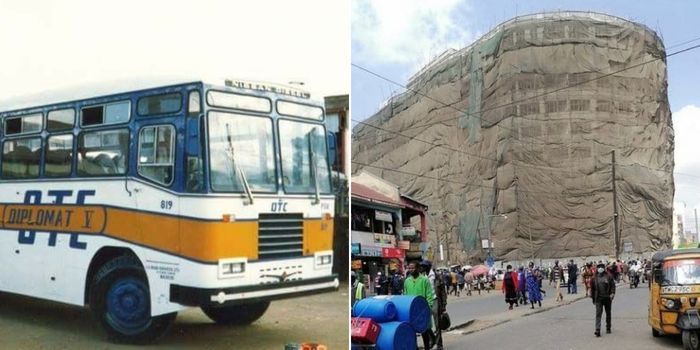OTC is a well-known street in Nairobi, often used as a reference point by city residents going about their daily activities. However, few are aware of the origin of its name and the story behind it.
Many people believe that OTC is short for “Onyango Twende Choo,” which roughly translates to “Onyango, let’s go to the toilet,” but this is a misconception. The truth is that OTC stands for Overseas Trading Company, a London-based bus company that imported 13 buses to Kenya in 1934.
After establishing themselves in the matatu sector, OTC enlisted 12 buses to ply various routes within the country, and they also transported people to long-distance areas such as Kampala. Although trains were preferred for long-distance travel at the time, OTC buses gained popularity among Kenyans who wanted to experience a bus ride. Eventually, OTC buses became a household name in the East African Community region, and the company expanded its services to include courier services for transporting various goods outside the city.

The London-based company erected a stage along Ronald Ngala street in Kenya, which quickly grew in popularity, and travellers associated it with the OTC brand name. As a result, it became known as the OTC Bus Stage. Other investors followed suit, including former Labour Minister Tom Mboya, who founded the Tom Mboya Bus Company, contributing to the growth of the transport sector.

Over time, OTC buses evolved into the Kenya Bus Service (KBS), which became popular among Kenyans, managing a fleet of 300 buses. Unfortunately, KBS eventually collapsed around the 1990s and sold its fleet to other entities. Despite the name change, the OTC bus stage has maintained its name to date.
The area has undergone various infrastructural developments over the years, including an incomplete storey building that made headlines on February 1st, after the green safety net was removed, and it was claimed that the building’s construction was complete.



